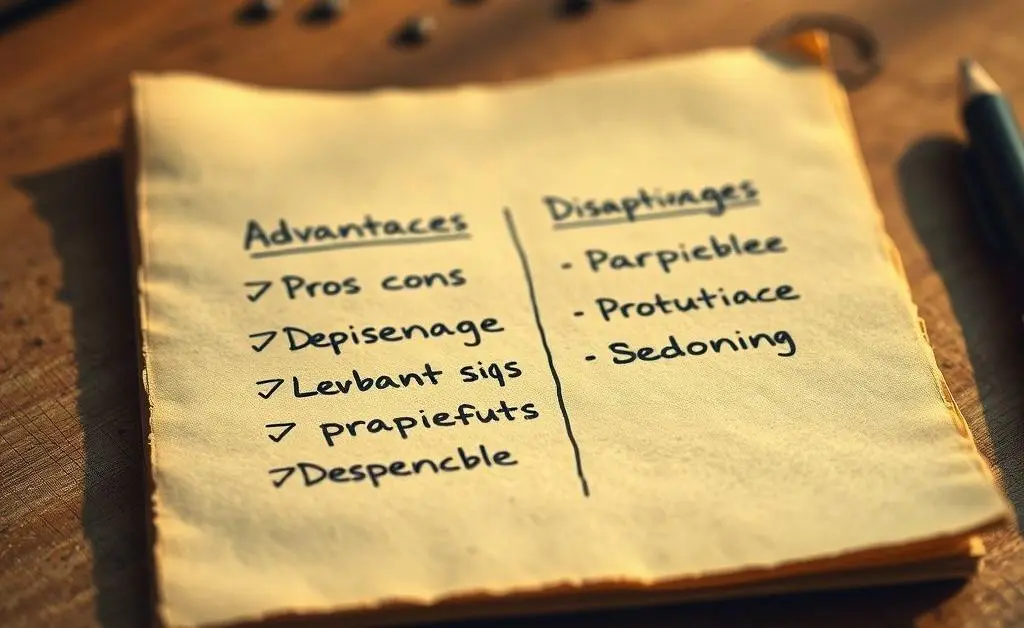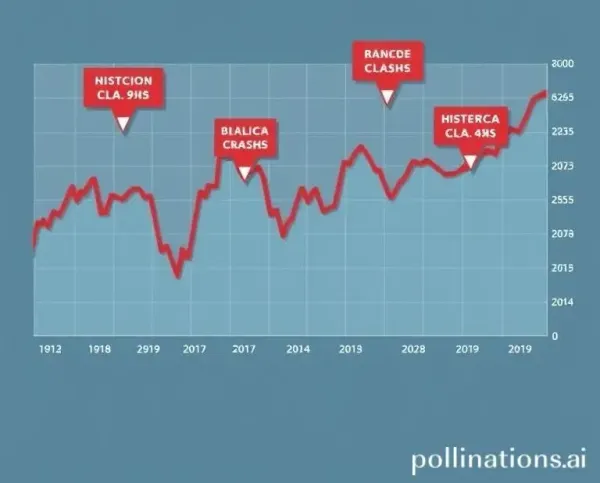Navigating Investment Decisions: Are Closed-End Funds Right for Your Retirement?
Explore the benefits and drawbacks of closed-end funds for retirement planning.

Have you ever asked yourself if closed-end funds are the right fit for your retirement strategy? It's a question worth pondering, especially if you're aiming for a comfortable retirement. Let's break it down together like a casual chat over coffee.
What Are Closed-End Funds?
Imagine a basket of investments—stocks, bonds, and other assets—all bundled together and sold as shares. That's a closed-end fund. Unlike open-end funds, they have a fixed number of shares, which means their price can significantly differ from the net asset value (NAV). Intrigued yet?
Benefits of Closed-End Funds
Closed-end funds can be attractive for several reasons:
- Higher Yields: These funds often offer impressive yields, ideal for income-focused investors.
- Professional Management: Managed by experts, they diversify investments, reducing risk.
- Fixed Capital: Their closed structure allows fund managers to implement strategies without worrying about constant inflows or outflows.

Potential Drawbacks
But wait, there’s more! Consider these possible downsides:
- Market Volatility: Due to trading on the stock market, prices are subject to change based on supply and demand.
- Premiums and Discounts: Can trade at prices above or below their NAV, which might feel like a gamble.
- Management Fees: Professional management comes at a cost, impacting net returns.

Is It the Right Move for You?
Picture Sarah, a retiree who decided to invest in closed-end funds. At first, the high returns were enticing, but the constant market fluctuations led to some sleepless nights. Balancing her risk tolerance and financial goals made her rethink her strategy.
So, should you add closed-end funds to your retirement portfolio? It depends. Consider your comfort with risk, investment goals, and how you handle market swings.

Conclusion
Closed-end funds can be a valuable part of your retirement strategy if they align with your financial goals and tolerance for risk. Dive deeper, research thoroughly, and decide what fits best.
What do you think? Could closed-end funds fit into your retirement plan, or do you prefer other investment avenues?




